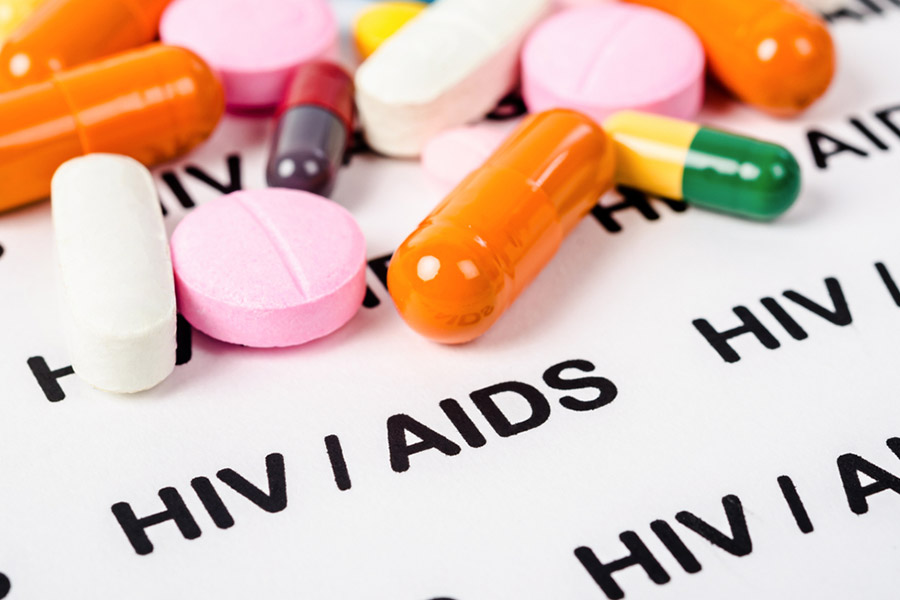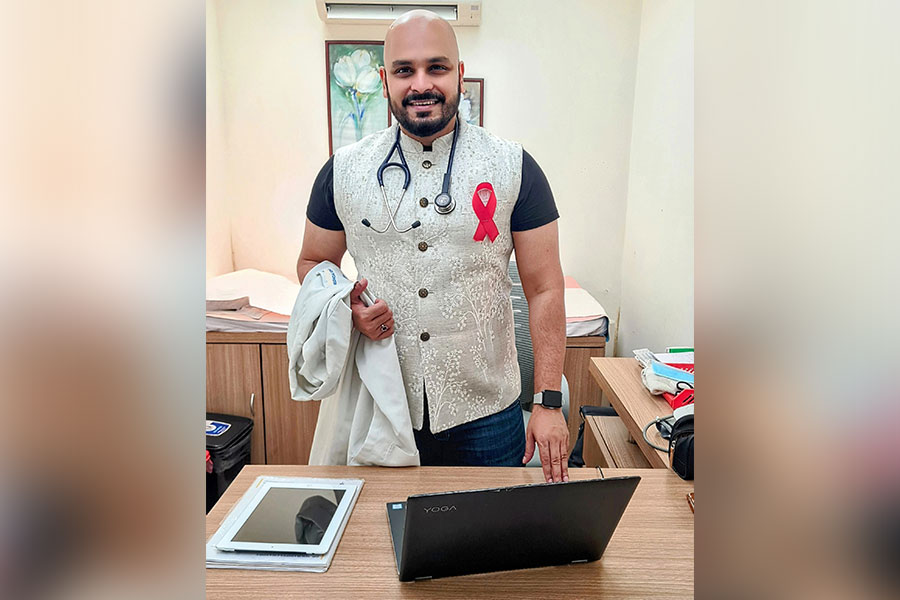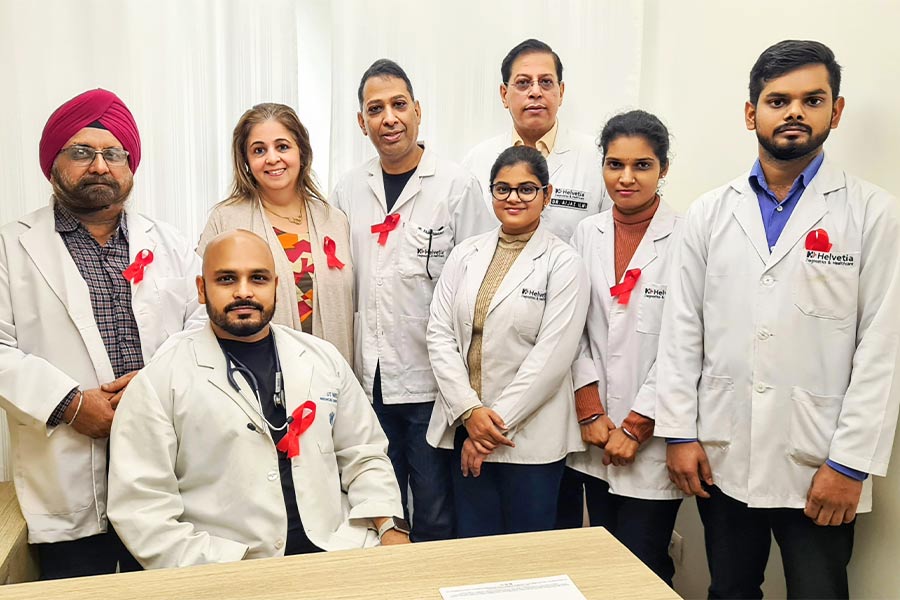“HIV does not make people dangerous to know. You can shake their hands and give them a hug. Heaven knows they need it.” Princess Diana, a champion of HIV/AIDS awareness, famously said these words while hugging and playing with an HIV positive baby in Faban Hostel, Sao Paulo. Her words from 1991 are just as relevant today.
As a physician, I receive my fair share of calls from panicked patients who may have accidentally been exposed to the virus, or who believe they may have the virus due to symptoms they Googled. Their fear feels equivalent to staring death straight in the face — no matter how much information shows HIV is not a death sentence anymore. This leads me to a crucial question — is the available information about HIV/AIDS reaching the masses?
How many of you are actually aware that there are medications you can avail easily in case you have been accidentally exposed to HIV? Medications that will kill the virus completely if taken correctly and on time? What medications am I talking about? Called Post-Exposure Prophylaxis (PEP), there’s a pill combining three antivirals, which needs to be taken within 72 hours of exposure, and for 28 days. The pill will ensure you do not get infected with HIV even after a significant exposure to the virus. The side effects are zero to negligible.
Today, in many cases, it’s easier living with HIV than with diabetes or cardiac ailments

Data shows that 68,000 people in India were newly infected with HIV in 2023 TT archives
Similarly, there are medications available for individuals susceptible to repeated exposure to HIV which, if taken correctly and regularly, would prevent them from getting the virus at all. Called Pre-Exposure Prophylaxis (PrEP), this is a simple pill consisting of two antivirals, easily available at all pharmacies. This ensures that an HIV negative individual would not be infected by an HIV positive person, irrespective of unprotected and/or repeated exposure.
I do not recollect seeing any advertisements in India (either from the government or from pharmaceutical companies) promoting the use of PEP or PrEP. This is both unfortunate and concerning, given 68,000 people in India were newly infected with HIV in 2023 as per the National AIDS Control Organisation (NACO), while the total number of HIV positive patients in India is officially estimated at 2.5 million. The unofficial numbers would be significantly higher, of course. I have also been told that promoting PEP & PreP could promote promiscuity in our country — the irony of it all while our population explodes, our gender ratio gets increasingly skewed and sexual violence remains endemic.
In such a situation, the onus is on the medical community to spread accurate information and fight the stigma associated with HIV. Today, in many cases, it’s easier living with HIV than with diabetes or cardiac ailments.
HIV is a rather smart virus — it enters the body and attaches itself to white blood cells (WBC), which form the immune system. By integrating itself inside the WBC, the virus starts replicating and destroying the cell. Over a period of time, the immune system collapses, leaving the body susceptible to a plethora of infections, which, on finding no resistance from the collapsed immune system, spread across the body, leading to death. This condition, where there is a complete deficiency of the immune system, is called Acquired Immuno-Deficiency Syndrome or AIDS.
Over the years, the treatment of HIV and AIDS has evolved and upgraded itself considerably. Gone are the days of taking countless pills daily, with severe side effects, many as bad as the disease itself. Nowadays patients take a single pill, which helps block the replication of the virus. The treatment is so effective that within a short span of time, the virus is absolutely undetectable in the human body. And the immune system goes back to normal. When an HIV positive individual has an undetectable viral load (the total number of viruses in the body), they are unable to pass on the virus to their partners, even if there has been unprotected exposure. Thus, an HIV positive individual is able to live normally, have an HIV negative partner and have HIV negative children — all with the guidance of their doctor.
You won’t get HIV by sharing utensils, a meal, household items, towels or even hugging patients

It’s high time we realise that no one wants to purposely infect themselves with a deadly virus Souradipta Chandra
On paper, the days of HIV being a fatal blow to patients are over. In reality, though, I see the horror and shame still associated with the virus every day. Sometimes it’s the stigma that complicates survival for the patient, not the virus itself. I see many patients hiding their HIV positive status from their family and friends for the fear of being ostracised. I see patients leading broken lives because their partners and loved ones have shunned them. I see newly infected kids contemplating suicide because they have nowhere to go. I see patients who have been treated by unsympathetic doctors losing their will to live. I see patients with accidental exposures breaking down after being laughed at for “doing something wrong” at emergency rooms of fancy hospitals where they rushed in seeking help.
This is 2024, and it’s high time we realise that no one wants to purposely infect themselves with a deadly virus, and they should certainly not be chastised for the same. Nor should their lifestyle be judged.
With few organisations working on spreading awareness, it’s vital for us as a society to educate ourselves and be more sensitive towards people living with HIV. It could be a friend, a family member, an acquaintance — living among you, suffering through a lonely, silent battle. Be there for them — you won’t get HIV by sharing utensils, a meal, household items, towels or even hugging patients. As Elizabeth Taylor once said: “It is bad enough that people are dying of AIDS, no one should die of ignorance and prejudice.”
Souradipta Chandra is consultant physician, internal medicine and travel medicine, at Helvetia Medical & Diagnostic Center, Delhi. Alongside being one of the leading HIV specialists in Delhi, he is the medical advisor to the delegation of the European Union to India.
